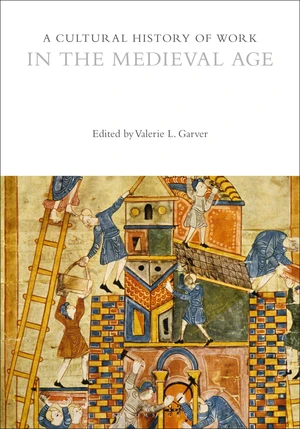Winner of the 2020 PROSE Award for Multivolume Reference/Humanities Work was central to medieval life. Religious and secular authorities generally expected almost everyone to work. Artistic and literary depictions underlined work's cultural value. The vast majority of medieval people engaged in agriculture because it was the only way they could obtain food. Yet their work led to innovations in technology and production and allowed others to engage in specialized labor, helping to drive the growth of cities. Many workers moved to seek employment and to improve their living conditions. For those who could not work, charity was often available, and many individuals and institutions provided forms of social welfare. Guilds protected their members and created means for the transmission of skills. When they were not at work, medieval Christians were to meet their religious obligations yet many also enjoyed various pastimes. A consideration of medieval work is therefore one of medieval society in all its creativity and complexity and that is precisely what this volume provides. A Cultural History of Work in the Medieval Age presents an overview of the period with essays on economies, representations of work, workplaces, work cultures, technology, mobility, society, politics and leisure.
Price history
▲6.38%
Jan 27, 2022
€27.77
▼-0.07%
Jan 26, 2022
€26.10
▼-0.52%
Jan 24, 2022
€26.12
▼-0.1%
Jan 18, 2022
€26.26
▲0.56%
Jan 17, 2022
€26.28
▼-0.07%
Jan 11, 2022
€26.14
▼-0.03%
Jan 10, 2022
€26.15
▲0.43%
Jan 4, 2022
€26.16
▲0.6%
Dec 28, 2021
€26.05
▼-0.53%
Dec 21, 2021
€25.89

